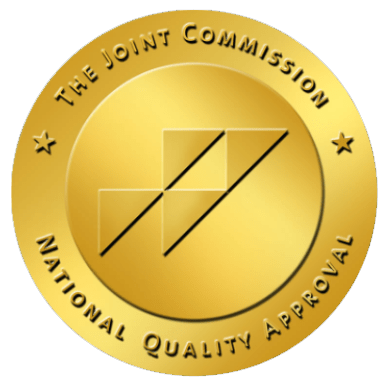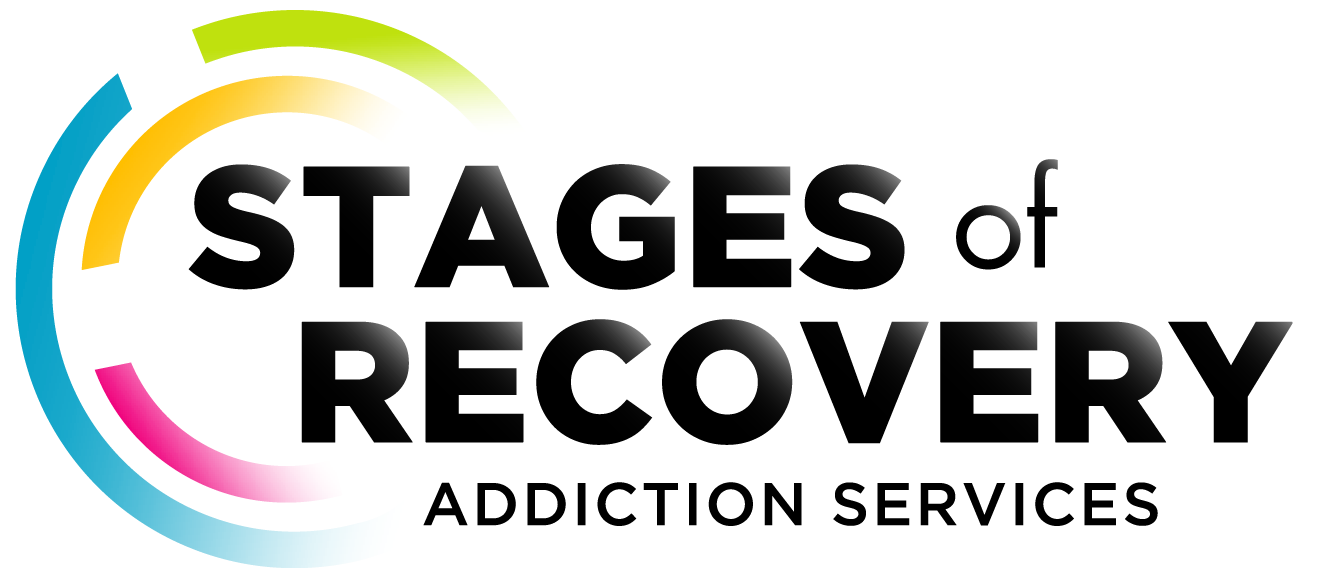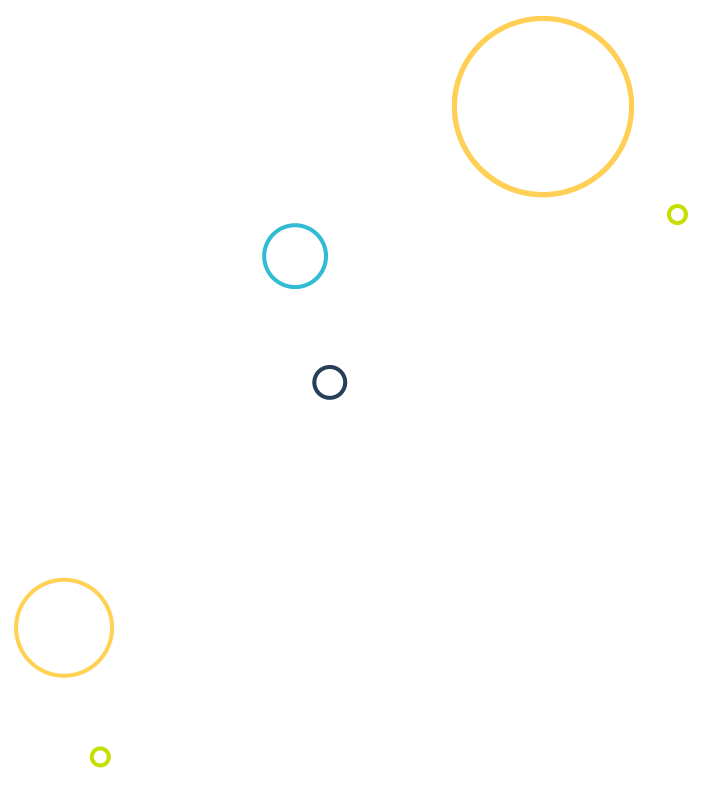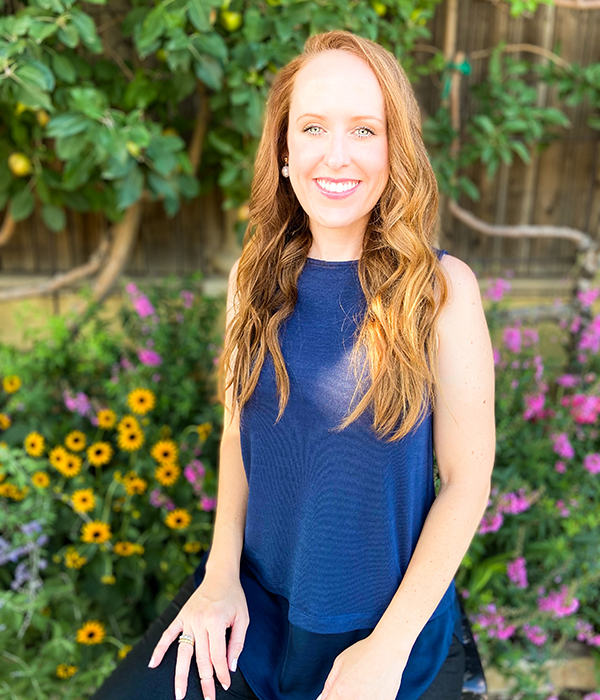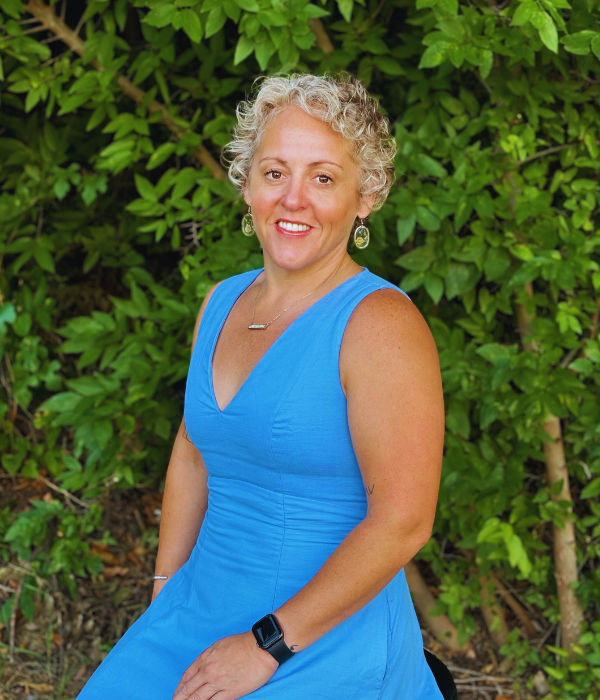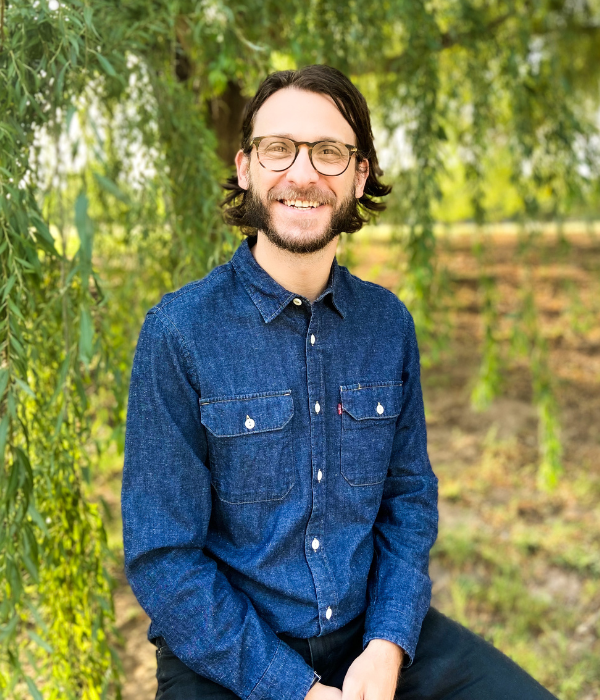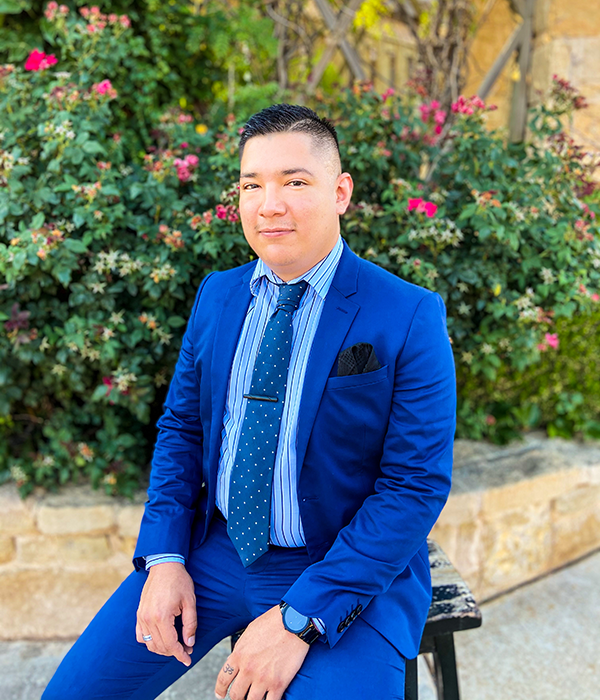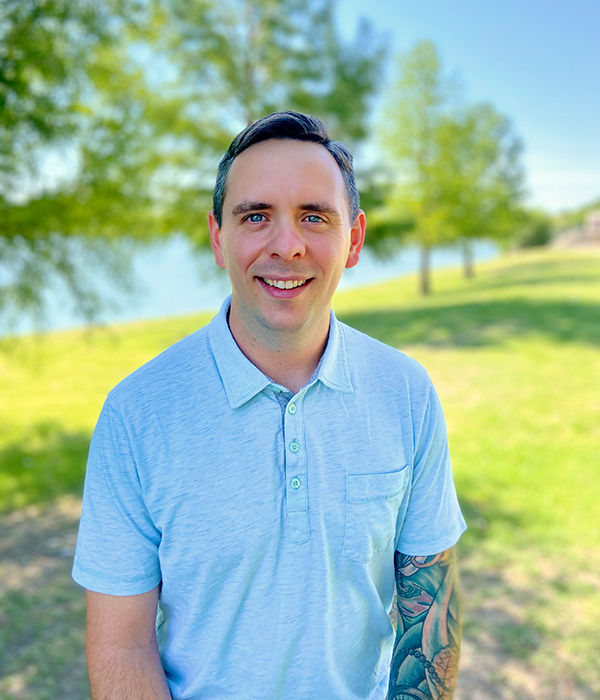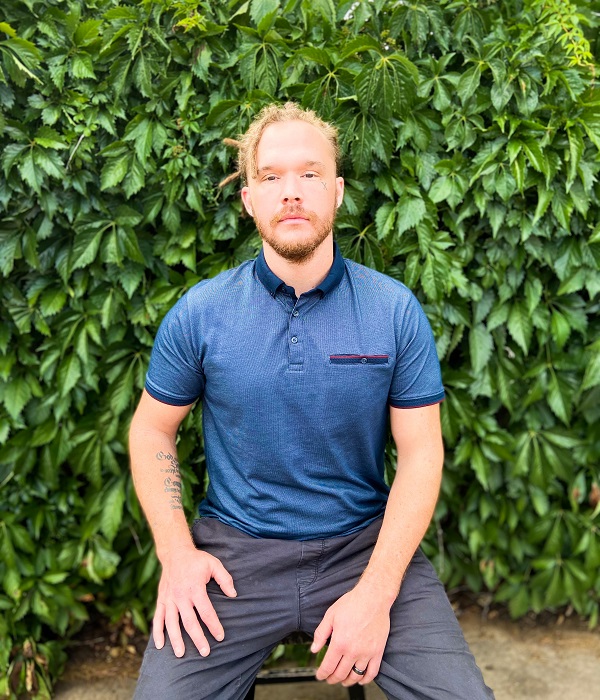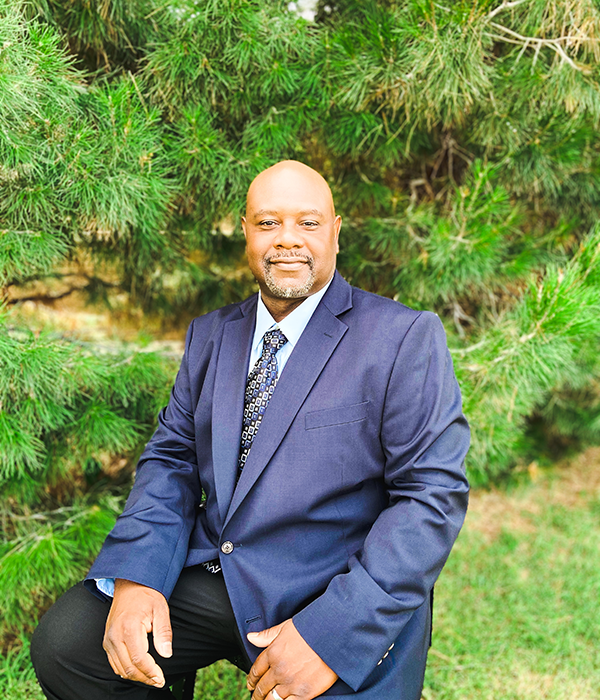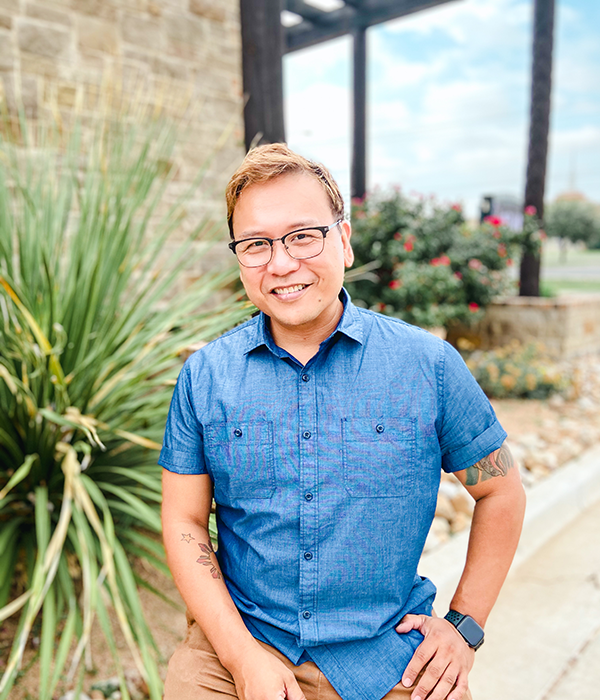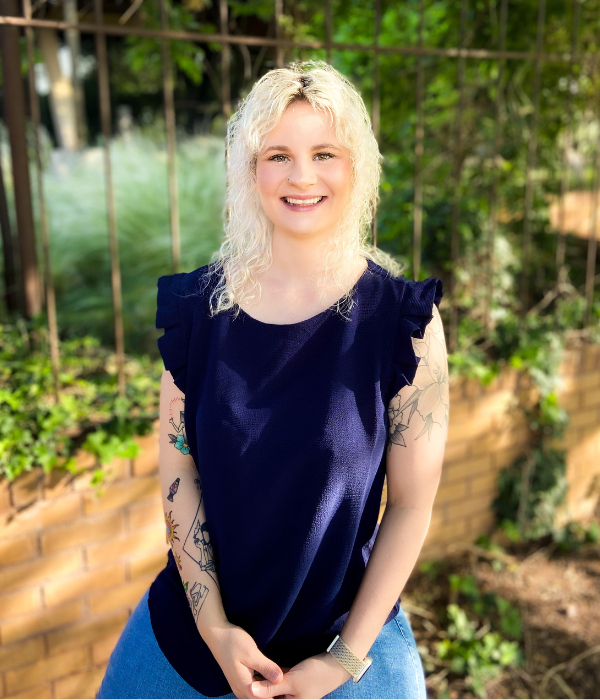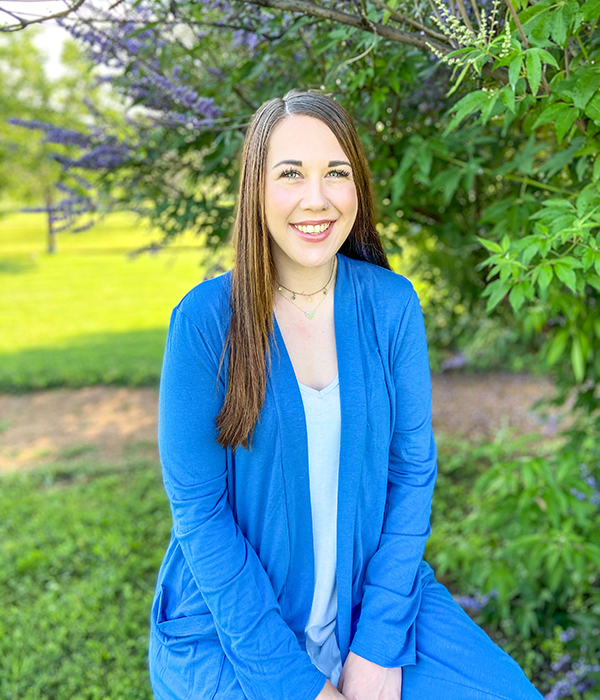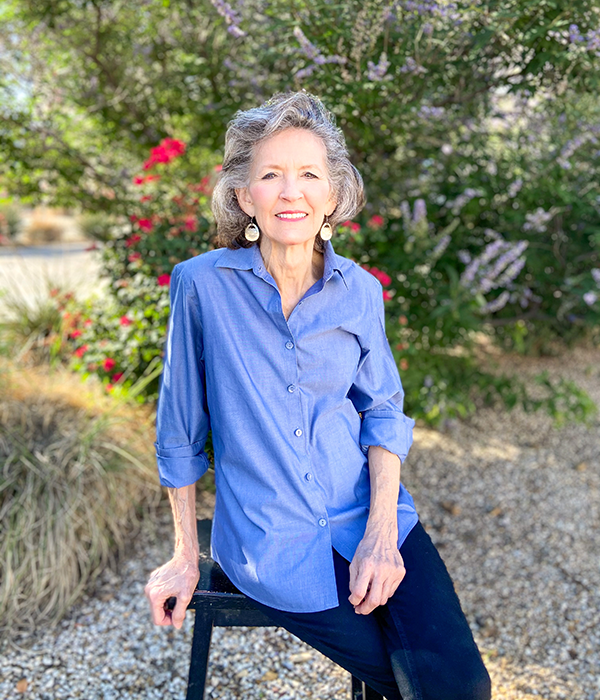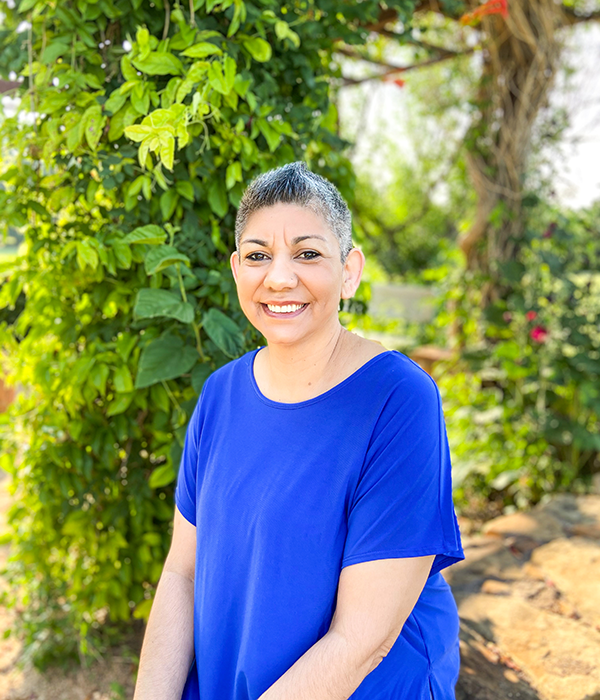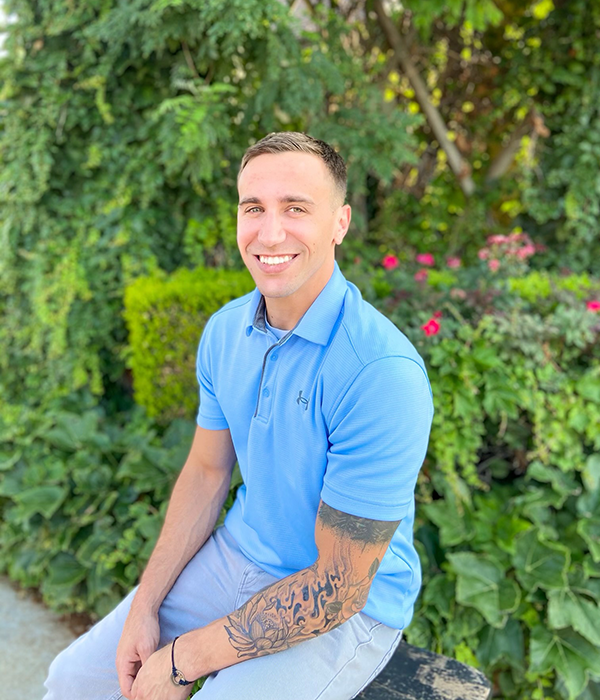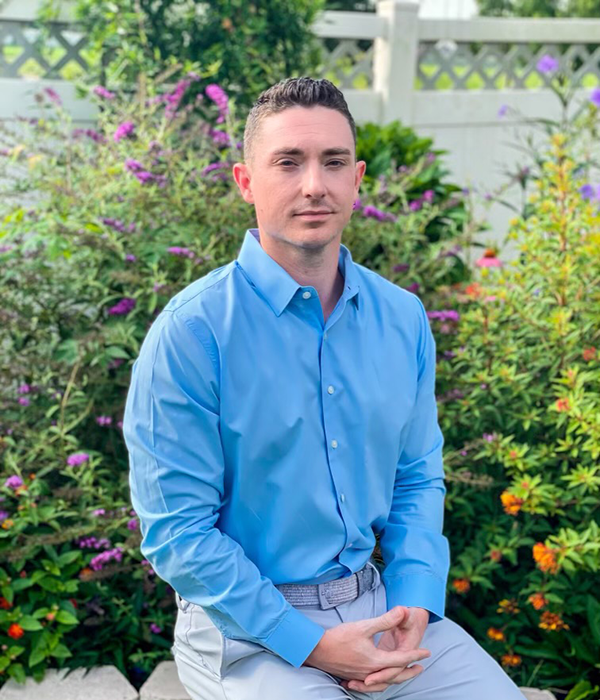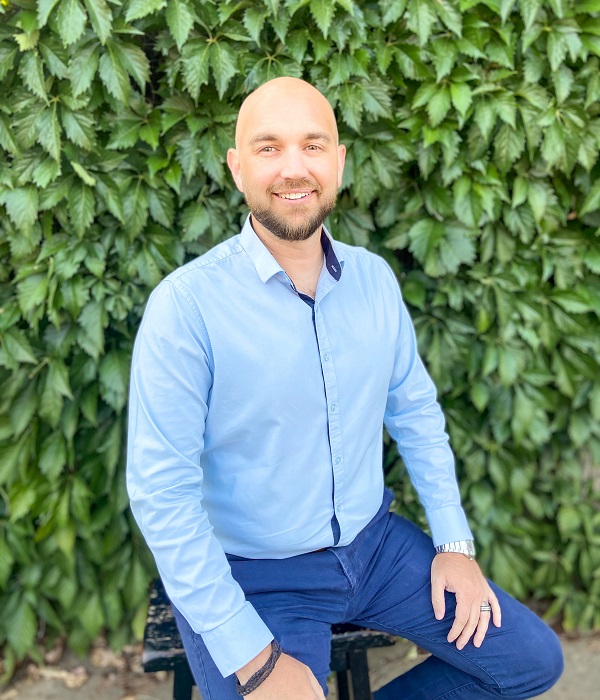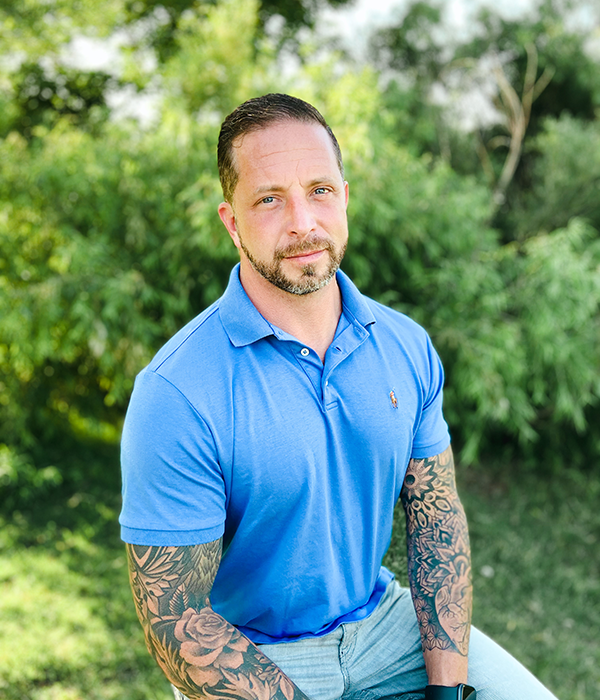Family members and friends of individuals struggling with active addiction often face their own inner battle. It is difficult for parents, partners and peers to witness the self-inflicted pain and suffering. Moreover, the compassionate heart of a parent often seeks to provide unconditional love, support and acceptance, regardless. Spouses feel bound by the vows which state “for better or for worse, in sickness and in health.”
Additionally troubling is the reality friends face of wanting to support, encourage and accept the person they love to avoid adding pain to their destructive process. The idea that being that sort of ride or die friend constitutes true friendship is a dangerous one in most situations. In the case of active addiction, it is deadly.
Dr. William Glasser—father of Choice Theory and Reality Therapy—designated acceptance as one of the seven caring habits. Alongside trusting, supporting, encouraging, listening, negotiating differences and respecting, accepting is a behavior which nurtures and serves to grow relationships. The seven opposite of these are defined by Glasser as deadly habits and essentially destroy or kill relationships of any category.
Because the above is true, friends, family and significant others feel they are wrong in refusing to accept the negative behaviors, consequences and resulting chaos created by the individual in active addiction. In fact, they toil over the idea of emotional detachment—the process of letting go—because the terminology and experience seems cruel or lacking in empathy for their loved one.
However, there is a difference between acceptance—a caring habit—and enabling. Enabling is a destructive pattern of behavior which resembles acceptance and other caring habits. But, contrary to its appearance, enabling is not love. It is in fact anti-love because it ultimately serves to keep the individual in active addiction.
Enabling is the process of;
